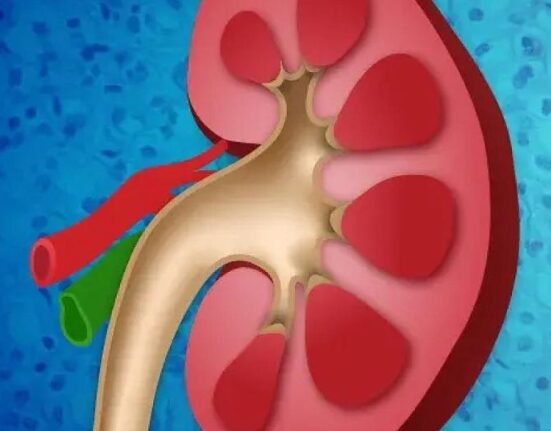HQ Team
February 13, 2024: Adding to the long line of evidence that reducing salt intake affects blood pressure is the latest study published in the Journal of the American College of Cardiology, which says that replacing regular salt with a salt substitute can reduce high blood pressure in older adults.
The study involved more than 600 participants, age 55 and older, from 48 care facilities in China. All patients had normal blood pressure under 104/90 mmHG. It found that using salt substitutes in diet reduces the chances of developing high blood pressure by 40%.
“Adults frequently fall into the trap of consuming excess salt through easily accessible and budget-friendly processed foods,” said lead researcher Dr. Yangfeng Wu, executive director of the Peking University Clinical Research Institute in Beijing.
“It’s crucial to recognize the impact of our dietary choices on heart health and increase the public’s awareness of lower-sodium options,” he added in a journal news release.
Salt substitutes are effective
For the study, half the participants in the residential facilities were allowed normal salt and the other half were served with a salt substitute in residents’ meals for two years.
After two years, the incidence of high blood pressure was more than double at the facilities that kept using salt – 24.3 cases per 100 people-years versus 11.7 cases per 100 people-years at the facilities using salt substitute.
Person years is a type of measurement that takes into account both the number of people in the study and the amount of time each person spends in the study.
Moreover, the salt substitutes did not cause low blood pressure in the older residents, quite a common occurrence among older adults.
“Our results showcase an exciting breakthrough in maintaining blood pressure that offers a way for people to safeguard their health and minimize the potential for cardiovascular risks, all while being able to enjoy the perks of adding delicious flavor to their favorite meals,” Wu said.
Nephrologist Dr. Rik Olde Engberink said the study offers an alternative to simply asking patients to cut back on salt intake – a strategy that has failed to gain wide support among the public.
In this trial, “the salt substitute was given to the kitchen staff, and the facilities were not allowed to provide externally sourced food more than once per week,” said Olde Engberink.
“This approach potentially has a greater impact on blood pressure outcomes, and for this reason, salt substitutes should be adopted early in the food chain by the food industry so that the sodium-potassium ratio of processed foods will improve,” he added.
High blood pressure is the leading risk factor for heart disease and heart-related death, according to the World Health Organization. It affects more than 1.4 billion adults worldwide and results in 10.8 million deaths each year.
Previous studies
Most people worldwide eat more salt than recommended and reducing the intake can effectively cut down hypertension, says another new study from the University of Alabama at Birmingham, Vanderbilt University Medical Center and Northwestern Medicine. presented at the American Heart Association Scientific Sessions 2023.
The study found that 70-75 percent of all participants, regardless of whether they were already on blood pressure medications or not, were likely to see a reduction in their blood pressure if they lowered the sodium in their diet.
The US FDA plans to permit the use of salt substitutes in daily food, such as bread, cheeses and ketchup, to reduce the harmful effects of sodium intake that leads to heart attacks and strokes.
The US Food and Drug Administration proposed changes to the standards of identity (SOIs) for foods that include salt to permit the use of safe and suitable salt substitutes, according to a statement.
Hypertension prevalence
High blood pressure is the leading risk factor for heart disease and heart-related death, according to the World Health Organization. It affects more than 1.4 billion adults worldwide and results in 10.8 million deaths each year.
Most guidelines recommend a daily dose of sodium <2 g, which is rarely followed. Globally the intake is between 3.5–5.5 g. Salt intake is the highest in Northern China and Japan where daily intake exceeds 10 grams. Interestingly, the lowest intake is found in an isolated tribe in Brazil called the Yanomami Indians. Their intake is 0.2 g per day.
Salt restriction is a cost-effective measure to reduce population morbidity and mortality. WHO is aiming to reduce the global sodium intake by a relative 30% by the year 2025.








